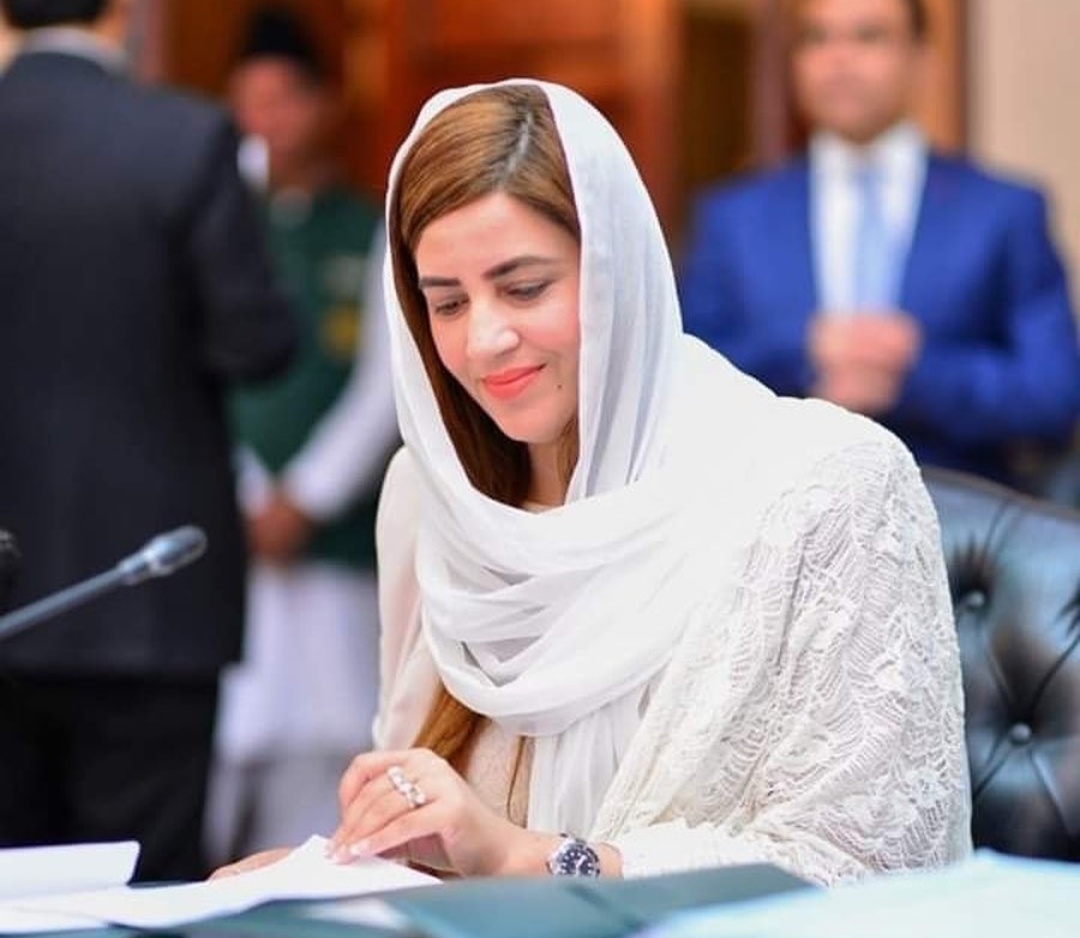KARACHI: Minister of State for Climate Change Zartaj Gul Wazir made a faux pas recently when she gave her own version of what she believes COVID-19 means.
“COVID-19 means that there are 19 points that can be applied in any country in any way,” she said during a current affairs show on PTV News.
Just so we’re clear, the “19” in Covid-19 stands for 2019. It’s a shorter form of coronavirus disease 2019, since that’s when the virus was first detected.
The minister took to Twitter to address her mistake.
But Twitter has been less than forgiving.
Some people have come to Gul’s defense, saying it is sexist to go after a woman who beat hundreds of men for the coveted position in office.
The issue, however, has exactly more to do with her position in office as opposed to her gender. Twitter users are correcting those coming to her defense, saying they are questioning her aptitude as a minister as opposed to her likability as a woman.
The question here isn’t whether a woman should be making such remarks, it’s whether a state minister should be this ill-informed while speaking on national TV. The issue her critics have is more to do with her responsibility, or lack thereof, of being a minister than with her being a woman.
Further, one could raise a finger at gender inequality if Gul was singled out as a government minister who is often mocked, criticised and called out over such mistakes. However, she is not.
People are just as if not more critical of other ministers and government representatives such as Sheikh Rasheed, Fawad Chaudhry and even the prime minister, Imran Khan.
So, is it a gender issue? No. Not in the critique of the minister’s faux pas but it could potentially be in terms of how the critique is delivered.
Were people excessively abusive in their critique? Did they comment on her looks, attire or personal life? Did they resort to name calling or slut shaming? Were the remarks sexual in nature?
In the instance that any of the above were used, then, yes the critique does become gendered, and thus, problematic.

 Photo: Instagram.com/zartajgullwazir/
Photo: Instagram.com/zartajgullwazir/











